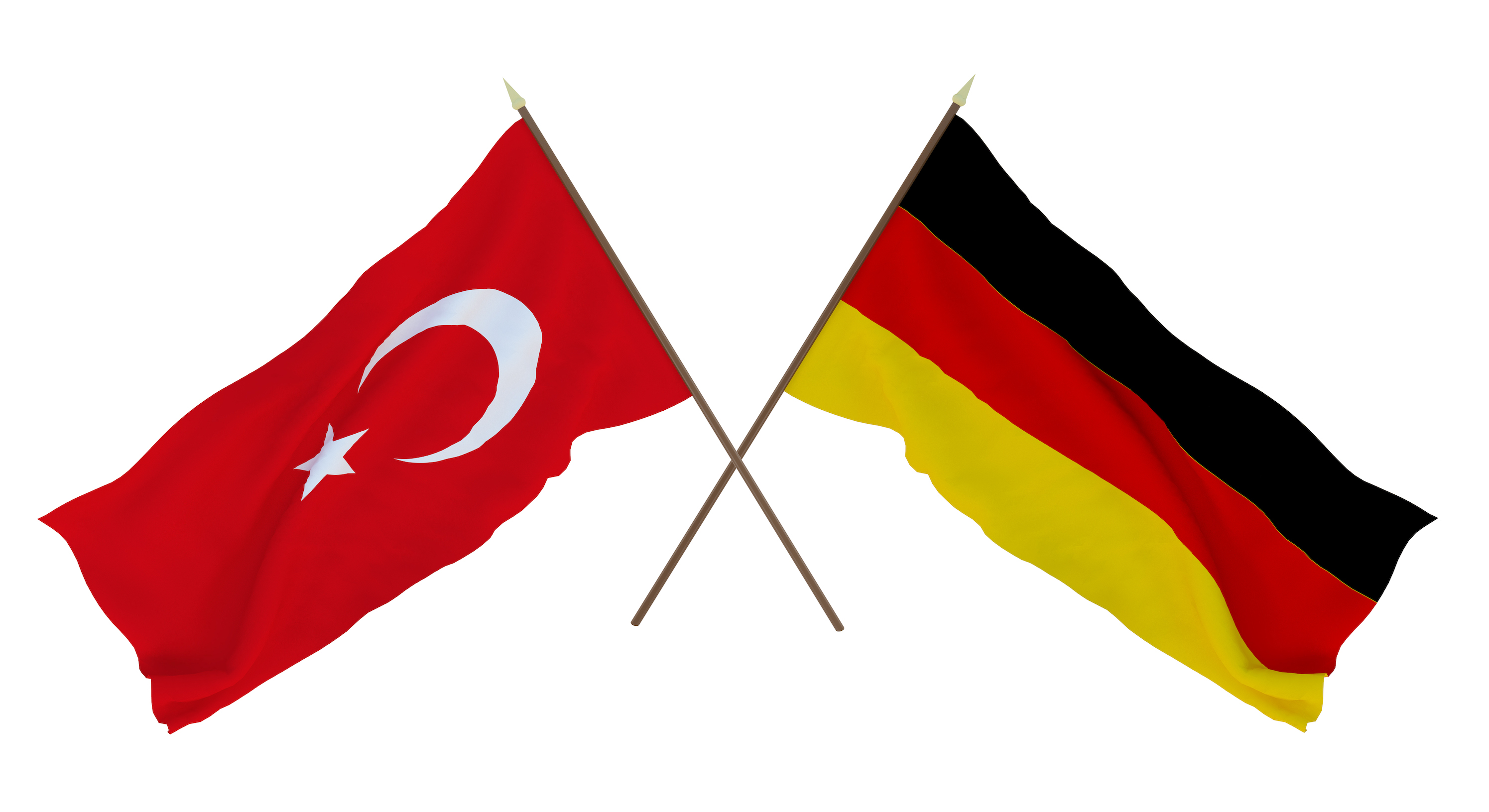The Social Democrat-led government has announced plans to overhaul Germany’s immigration system. The reforms would bring the country in line with European norms for naturalisation, while also allowing more skilled workers into Germany to fill major shortages in the labour market.
Under the proposed changes, there will be a “transparent, unbureaucratic” points-based system for skilled immigrants to apply to work in Germany, according to German Chancellor Olaf Scholz.
Other reforms would see those legally living in the country be able to apply for citizenship after five years, instead of the current eight.
Children born in Germany with at least one parent who has been living legally in the country for five or more years will automatically get German citizenship.
Significantly for German Turks, the reforms will also allow permanent residents in Germany to hold multiple citizenships, as they would no longer have to renounce their original citizenship to become German citizens.
“The German citizenship law is based on the principle of avoiding multiple citizenships,” Greta Agustini, a lawyer in Germany, who specialises in immigration, told DW (Germany’s dual citizenship reforms ‘way overdue’, 15/11). “Other European countries, such as Italy, Sweden, Ireland, France, etc, allow dual citizenship and they have less bureaucratic laws regarding this issue.”
The new measure would be a welcome relief to tens of thousands of Turkish passport holders in Germany who are currently denied citizenship of their new homeland.
There are more than 3 million Turks in Germany, some 5% of the population, yet only around half of them have German citizenship.
Many Turks who were born abroad came to Germany decades ago as “Gastarbeiter” – guest workers. They were meant to help industrialise Germany in the 1960s and return to their home country afterwards, but they ended up staying permanently, yet were denied citizenship.
Even when the laws changed, Turks were obliged to give up their Turkish passport first in order to receive German citizenship. Few wanted to do so.
Aslihan Yeşilkaya-Yurtbay, co-leader of the Turkish Community in Germany organization (TGD), said the reforms have come “too late” for many of the original ‘Gastarbeiter’ generation — “but [it’s] better late than never.”
“For the guestworker generation, this reform means recognition and respect for their lives and their work in and for this country,” Yeşilkaya-Yurtbay told DW. “A lot of Turkish people of the second and third generation will, I think, feel empowered by it because they always had an identity dilemma.”
“Many people have waited for this, and have maybe given up hope,” she said. “And if it really happens, then I think many will become German.”
Germany’s main opposition, the right wing Christian Democratic Union (CDU) party, are not convinced and maintain their resistance to such reforms.
“German citizenship is something very precious, and one should treat it very carefully,” CDU leader Friedrich Merz told public broadcaster ARD in the wake of the announcements.
According to DW, Sweden had the highest naturalisation rate in 2020 of all EU countries, with 8.6% of all foreigners living there naturalised. In Germany, the rate was just 1.1%.
Currently, only a few categories of immigrants are entitled to dual citizenship in Germany. They include EU, Israeli and Swiss nationals, as well people from countries where renouncing citizenship is barred (such as Afghanistan, Iran, and Morocco), children of parents with German and other citizenship, and refugees who are threatened with persecution in their home country. Those Syrians who came to Germany as refugees and are considered to have integrated well may also be fast-tracked to German citizenship (more details are available on Schengen Visa info website).
A spokesman for Germany’s Ministry of Interior said at the end of November that the draft law for the citizenship reform is “as good as ready” and will be discussed by the Cabinet “soon.”




